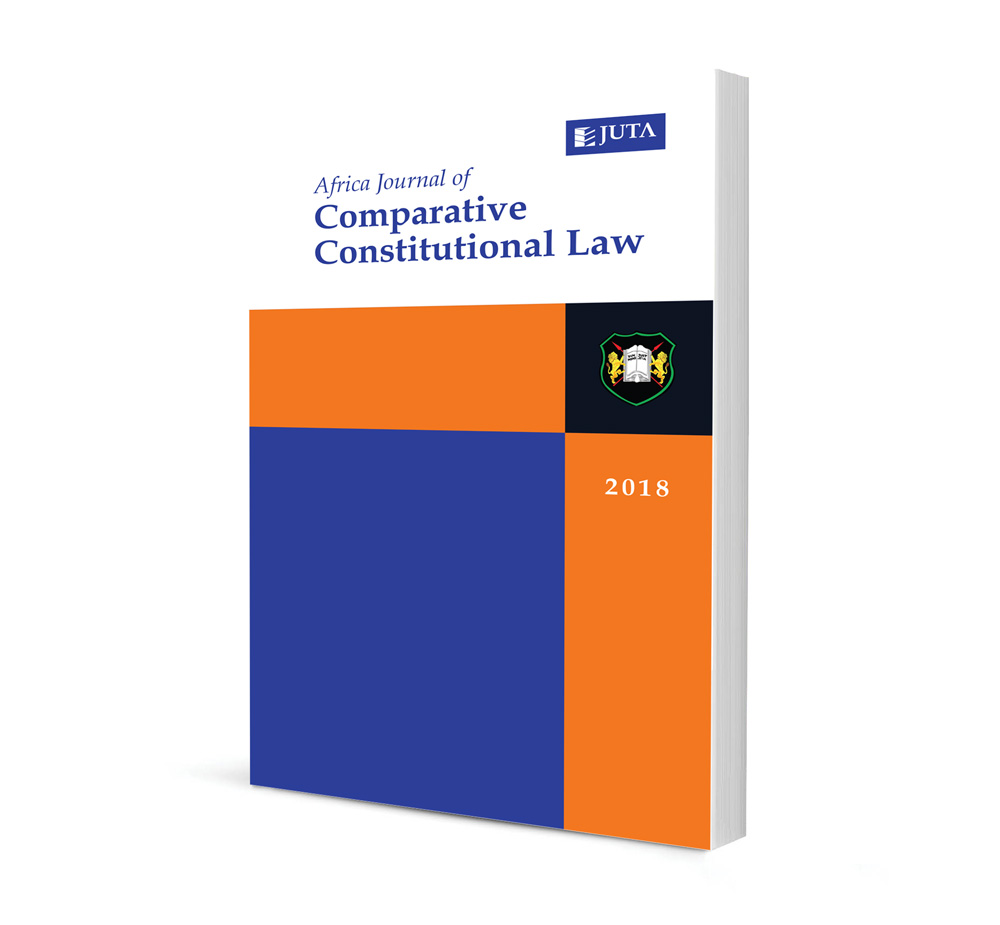Companies convicted of economic crimes and their participation in government tender processes in South Africa: A comment on Namasthethu electrical (PTY) LTD v City of Cape Town and another (201/19) [2020] ZASCA 74 (29 JUNE 2020)

Companies convicted of economic crimes and their participation in government tender processes in South Africa: A comment on Namasthethu electrical (PTY) LTD v City of Cape Town and another (201/19) [2020] ZASCA 74 (29 JUNE 2020)
Author: Jamil Ddamulira Mujuzi
ISSN: 2521-2605
Affiliations: Professor of Law, Faculty of Law, University of the Western Cape.
Source: Journal of Comparative Law in Africa, Volume 8 Issue 1, p. 102 – 122
https://doi.org/10.47348/JCLA/v8/i1a4
Abstract
In South Africa, persons or companies convicted of fraud or corruption or companies whose directors have been convicted are debarred from participating in bidding for government tenders. Although it is easy to establish whether or not a natural person has been convicted of an offence, because a certificate can be obtained from the South African Police Service to that effect, it is the opposite with juristic persons. This issue came up in the case of Namasthethu Electrical (Pty) Ltd v City of Cape Town and Another in which the appellant company was awarded a government tender although the company and its former director had been convicted of fraud and corruption. The purpose of this article is to analyse this judgment and show the challenges that the government is faced with when dealing with companies that have been convicted of offences that bid for government tenders. Because South Africa is in the process of enacting public procurement legislation, the Public Procurement Bill was published for comment in early 2020. One of the issues addressed in the Bill relates to debarring bidders who have been convicted of some offences from bidding for government tenders. Based on the facts of this case and legislation from other African countries, the author suggests ways in which the provisions of the Bill could be strengthened to address this issue.
